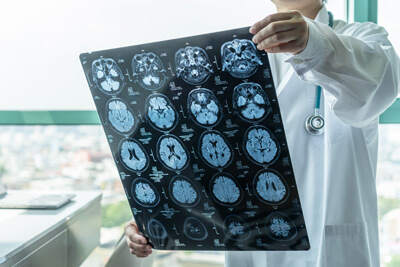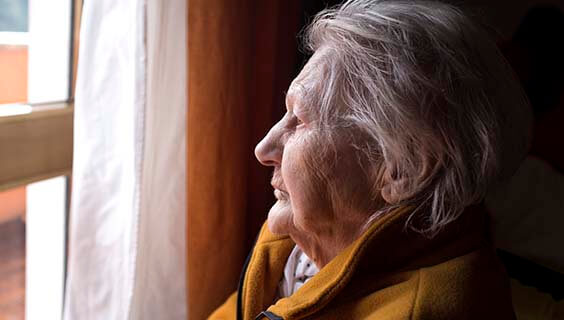
Alzheimer’s disease is a leading cause of death in the United States, and millions of Americans are affected by the disease. It’s important to distinguish the facts from the myths about Alzheimer’s, especially when it comes to finding information online.
Here are 11 common myths about Alzheimer’s Disease:
1. Alzheimer’s disease and dementia are the same thing
People often use the terms Alzheimer’s disease and dementia interchangeably, but there is a difference. Dementia refers to impaired memory, thinking, reasoning, and behavior, and Alzheimer’s is just one type of dementia. The terms are likely confused because Alzheimer’s is the most common cause of dementia and the most well-known. But there are other types of dementia, too, including Lewy body dementia, frontotemporal dementia, and vascular dementia.
Learn more about dementia and Alzheimer’s disease.
To read the 10 additional myths surrounding this disease, CLICK HERE.


